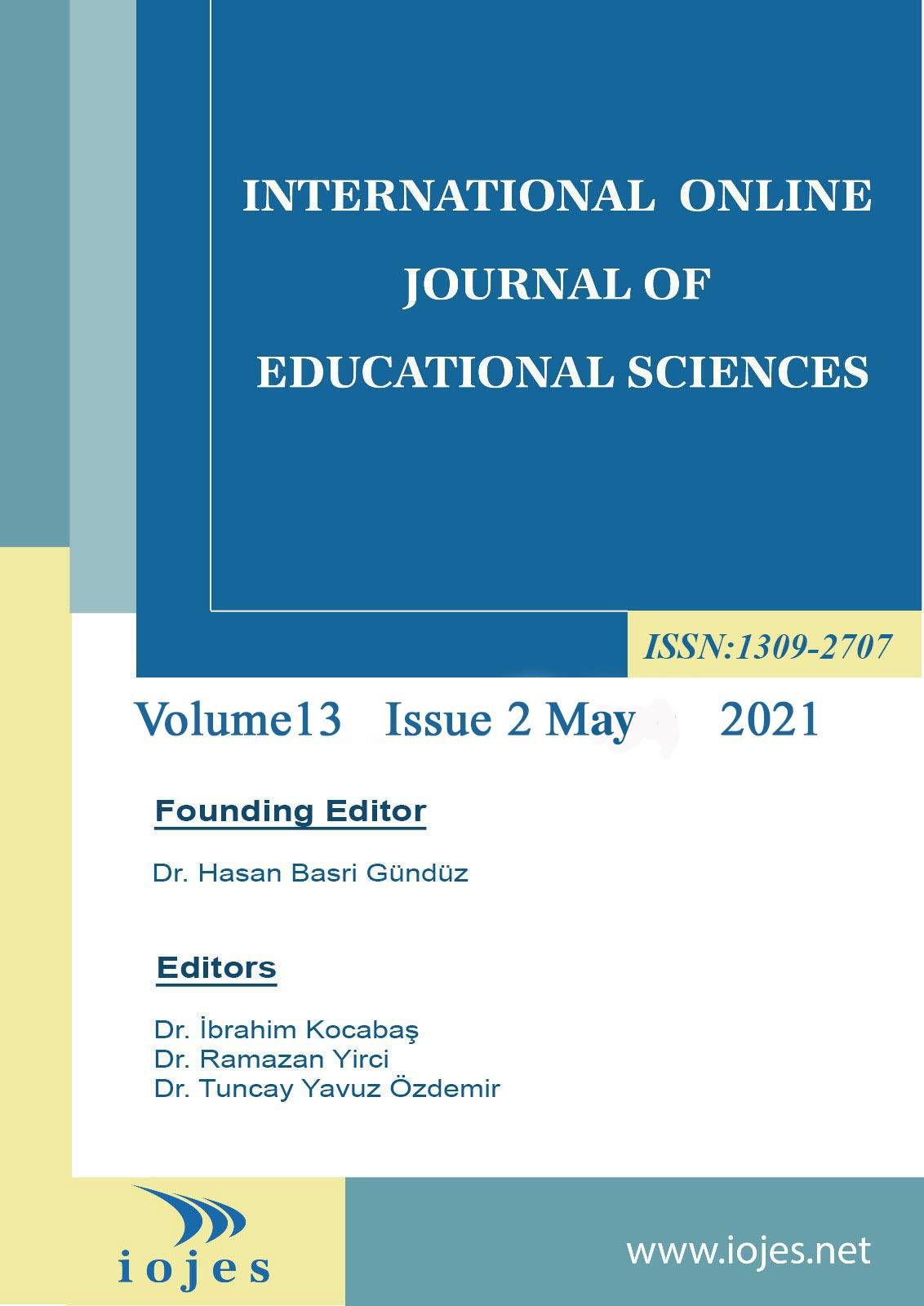Author :
Abstract
The Social media is one of the most important tools that lecturers have used in recent years to supplement their courses with different technological innovations. The reason for such a desire might be that the medium created by the social media is relatively more flexible than other systems and that the social media reaches numerous audiences with a higher number of users. The aim of this study is to investigate the effects of university lecturers’ habit of using ‘Facebook’ on their teaching performances. The sample of this research, which is designed based on quantitative research methods, is made up of 112 members selected from among 178 university instructors with stratified sampling method, who were employed in the academic year of 2018 and 2019 at Giresun University the Faculty of Education, Faculty of Economics and Administrative Sciences and the Faculty of Arts and Science. The data of the study were obtained through the FESTQ (Facebook Effect Scale on Teacher Quality) scale developed by Efendioğlu (2018). Minimum, maximum, arithmetic mean and standard deviation values were used in the descriptive statistics of the data obtained. Mann Whitney U analysis and Krusskal Wallis analysis were used because the data did not show a normal distribution. The results obtained revealed that the effect of instructors’ habit of using ‘Facebook’ on their teaching performances did not show a significant difference in terms of gender, title, seniority and the faculties where instructors are employed.
Keywords
Abstract
The Social media is one of the most important tools that lecturers have used in recent years to supplement their courses with different technological innovations. The reason for such a desire might be that the medium created by the social media is relatively more flexible than other systems and that the social media reaches numerous audiences with a higher number of users. The aim of this study is to investigate the effects of university lecturers’ habit of using ‘Facebook’ on their teaching performances. The sample of this research, which is designed based on quantitative research methods, is made up of 112 members selected from among 178 university instructors with stratified sampling method, who were employed in the academic year of 2018 and 2019 at Giresun University the Faculty of Education, Faculty of Economics and Administrative Sciences and the Faculty of Arts and Science. The data of the study were obtained through the FESTQ (Facebook Effect Scale on Teacher Quality) scale developed by Efendioğlu (2018). Minimum, maximum, arithmetic mean and standard deviation values were used in the descriptive statistics of the data obtained. Mann Whitney U analysis and Krusskal Wallis analysis were used because the data did not show a normal distribution. The results obtained revealed that the effect of instructors’ habit of using ‘Facebook’ on their teaching performances did not show a significant difference in terms of gender, title, seniority and the faculties where instructors are employed.
Keywords
- Acar, S. & Yenmis, A. (2014). A research study on determine of students opinions for social networks in education: Sample study of facebook. Electronic Journal of Vocational Colleges, (3), 55-66.
- Acarli, D. S. & Saglam, Y. (2015). Investigation of pre-service teachers’ intentions to use of social media in teaching activities within the framework of technology acceptance model. Procedia-Social and Behavioral Sciences, (176), 709–713.
- Bicer, S. (2014). Academicians motivation for being online on the social network: A facebook example. Dumlupinar University Journal of Social Sciences, (40), 59-80.
- Efendioglu, A. (2018). Teachers’ use of facebook and teacher quality: Developing a ‘Facebook Effect Scale on Teacher Quality (FESTQ)’ from the perspective of PCK, TPACK, and lifelong learning frameworks. Educational Technology Research and Development, (66), 1359-1385.
- Evans, C. (2014). Twitter for teaching: Can social media be used to enhance the process of learning? British Journal of Educational Technology, 45(5), 902-915.
- Goker, G., Demir, M. & Dogan, A. (2010). Socialization and sharing in the network society: An emprical research on facebook. E-Journal of New World Sciences Academy, 5(2), 183-206.
- Kucuk, O. (2019). Teachers' social media usage habits: Trabzon Example. The Journal of International Social Research, 12(65), 850-858.
- Kurt, A. & Ozer, O. (2015). Views of teacher candidates towards using facebook in instructional technologies and material design course. SDU İnternational Journal of Educational Studies, 2(2), 80-91.
- Kuyucu, M. (2014). Social media marketing applications in football industry. The Journal of Academic Social Science, 2(7), 161-175.
- Manca, S. & Ranieri, M. (2016). Facebook and the others. Potentials and obstacles of social media for teaching in higher education. Computers and Education, (95), 216-230.
- Ozturk, D. S., Ozturk, F. & Ozen, R. (2016). Teachers' use of social media tools for their professional development. International Journal of Human Sciences, 13(1), 7–21.
- Ozturk, H. K. (2019). Research models and types. Research Methods in Education in (Ed: K. Yilmaz and R. S. Arik), 75-100. Ankara: Pegem.
- Ramazanoglu M. & Gurel, S. (2020). The reasons of teacher candidates to use facebook: Example of Siirt. Information Technologies Online Journal, 11(40), 65-81.
- Sarsar, F. & Harmon, S. (2011). Facebook as an online learning environment: Perceptions of undergraduate students. Society for Information Technology and Teacher Education International Conference. Proceeding, 715720.
- Seaman, J. & Tinti-Kane, H. (2013). Social media for teaching and learning. Retrieved from http://www.onlinelearningsurvey.com/reports/social-media-for-teaching-and-learning-2013report.pdf.
- Topal, T. (1999). Determining teachers' effective use of measurement and evaluation techniques in primary education first-level learning-teaching process. Unpublished master’s thesis. Erzurum, Turkey: Ataturk University, Institute of Social Sciences.
- Ucar, E. (2016). A study to develop a scale of expressing emotions on facebook. Ihlara Journal of Educational Research, 1(1), 51-77.
- Yaylak, E. & Inan, S. (2018). Social studies teachers’ levels of using social media in education. Journal of Educational Theory and Practice Research, 4(2), 62-87.





